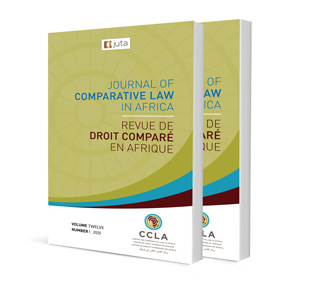Critical analysis of regulation of fintech in South Africa: Existing obstacles and opportunities

Critical analysis of regulation of fintech in South Africa: Existing obstacles and opportunities
Authors: Kola O Odeku, Mudzielwana Takalani
ISSN: 2521-2605
Affiliations: Professor, Faculty of Management and Law, University of Limpopo; Senior Tutor, Faculty of Management and Law, University of Limpopo
Source: Journal of Comparative Law in Africa, Volume 12 Special Edition, p. 184–213
https://doi.org/10.47348/JCLA/v12/2025-SEa7
Abstract
FinTech is constantly evolving and plays a significant role in the financial sector, particularly in banking, where various digital payment technologies are being deployed and used. However, in this regard, it takes two to tango. The banking sector prides itself on using FinTech with smartphones at any location to conduct and transact banking activities of all types. With regard to regulation and accountability, banks are easily identifiable for any infraction or misstep. The article argues that the same accountability regime should be applied and implemented for any FinTech-related outfit’s shortfall or misstep. This is because FinTech also has the potential to encounter various challenges in the financial services it offers and provides to both banks and customers. This article seeks to show that FinTech can be held to account. It addresses challenges that could be encountered as well as the opportunities they present that have the potential to protect consumers and, at the same time, add value to the financial sector in South Africa.